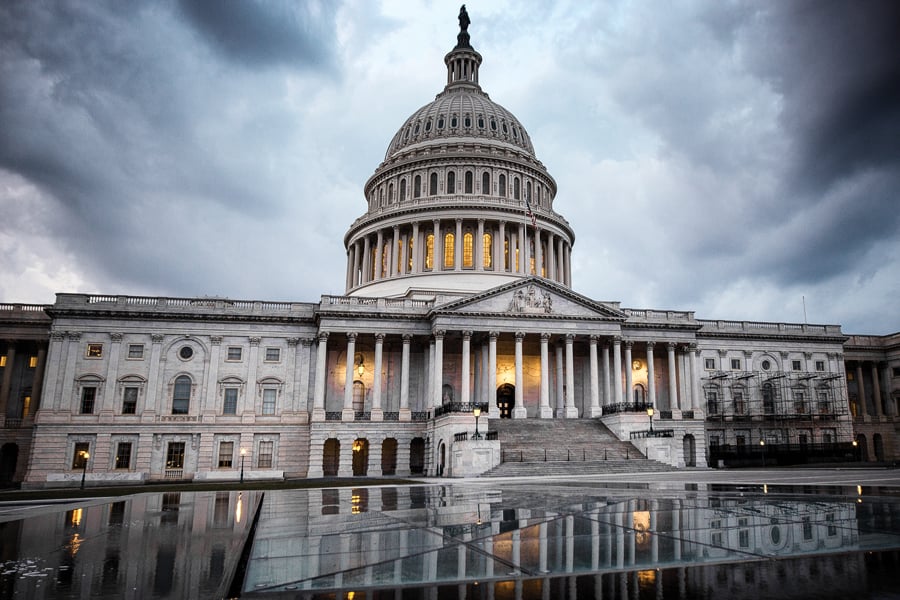

This story has been updated to correctly reflect the attribution of the panelists’ quotes.
Reinforcing the retirement savings infrastructure is a rare area of political common ground. This year is likely to see an expansion of the 2019 SECURE Act signed into law, according to panelists who commented at the InvestmentNews Retirement Income Summit.
“People are anxious about retirement security. We’re seeing this as a bipartisan effort,” said Paul Richman, chief government and political affairs officer with the Insured Retirement Institute. Some especially popular elements of the proposed law, such as automatic enrollment of workers in their employers’ plans, “are on a trajectory to become law and I don’t see anything to interrupt that.”
The Securing a Strong Retirement Act, known as SECURE 2.0, passed the House in March. A corresponding version is now being reviewed and “marked up” by Senate subcommittees. It’s likely, the panelists agreed, that a working version of the law will be hammered out by midsummer and introduced for final adoption in the fall legislative session, possibly as part of the omnibus budget bill, as was the first SECURE Act. If it falls by the wayside, the entire process must start from scratch.
“There are so few bills that members feel good about, and this is one of them. There will be a real resistance to gum things up,” said Michael Canning, principal and founder of The LXR Group.
Still, it’s possible that high-profile consumer advocates might zero in on annuity reform as a point of contention, the panelists agreed.
In February, two representatives introduced the Lifetime Income for Employees Act of 2022, which would allow some types of annuities to be included in employer-sponsored plans as qualified default investment alternatives. While that provision would address Americans’ deep concerns that they won’t have assured lifelong income, it also could be a lightening rod for consumer advocates.
“I don’t know that full scrutiny has been applied to that provision from some of the most ardent progressives,” said Canning, citing AARP as one highly influential group whose opinion will weigh heavily.
IRI is trying to address doubts about annuities on Capitol Hill.
“There is a perception among some members of Congress that the products can come at great cost to consumers,” Richman said.
Senators seem inclined to carefully parse the bill and its implications, the panelists agreed.

Relationships are key to our business but advisors are often slow to engage in specific activities designed to foster them.

Whichever path you go down, act now while you're still in control.

Pro-bitcoin professionals, however, say the cryptocurrency has ushered in change.

“LPL has evolved significantly over the last decade and still wants to scale up,” says one industry executive.

Survey findings from the Nationwide Retirement Institute offers pearls of planning wisdom from 60- to 65-year-olds, as well as insights into concerns.
Streamline your outreach with Aidentified's AI-driven solutions
This season’s market volatility: Positioning for rate relief, income growth and the AI rebound
